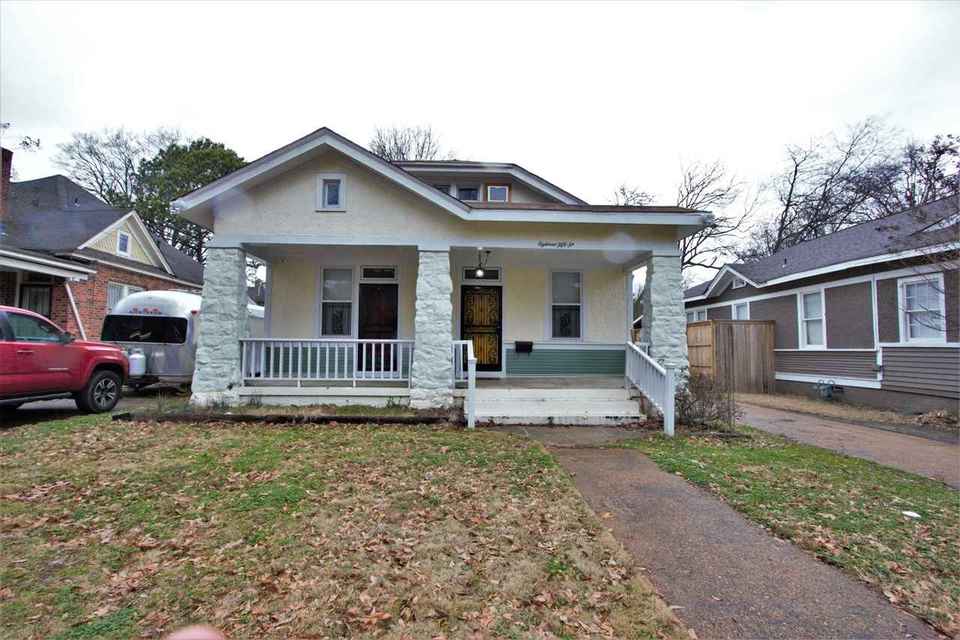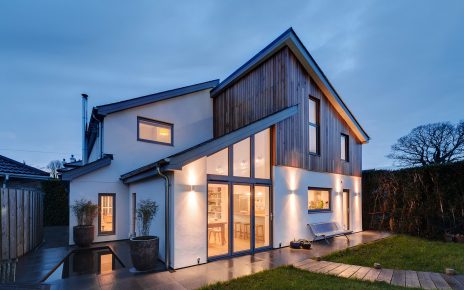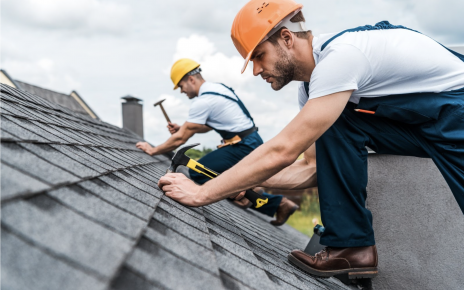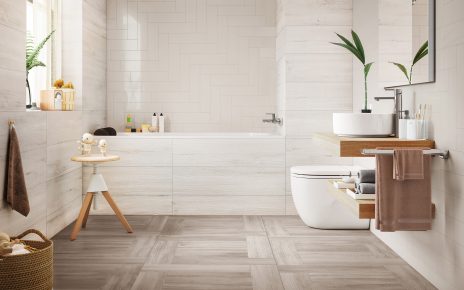Buying Secret #10: Keep Your Money Where IT REALLY IS
It’s not wise to make any huge purchases or move your cash around three to six months before buying a new home. You don’t want to take any big chances with your credit profile. Lenders need to see that you’re reliable and they want a complete paper trail so that they can get you the best loan possible. In the event you open new credit cards, amass too much debt or buy a lot of big-ticket items, you’re going to have a hard time getting a loan.
Buying Secret #9: Get Pre-Approved for Your Home Loan
There’s a major difference between a buyer being pre-qualified and a buyer that has a pre-approved mortgage. Anyone can get pre-qualified for a loan. Getting pre-approved means a lender has looked at all of your financial information and they’ve let you recognize how much you are able and how much they will lend you. Being pre-approved will save you a lot of time and energy therefore you are not running around looking at houses you can’t afford. It also gives you the possibility to check around for the best deal and the best interest rates. Do your research: Learn about junk fees, processing fees or points and make sure there aren’t any hidden costs in the loan.
we buy homes Memphis and Remodeling Tips
Buying Secret #8: Avoid a Border Dispute
It’s absolutely essential to get a survey done on your premises so you know precisely what you’re buying. Knowing precisely where your premises lines are may save you from a potential dispute with your neighbors. Also, your property tax is likely based how much property you have, so it is best to have a precise map drawn up.
Buying Secret number 7# 7: Don’t Attempt to Time the Market
Don’t obsess with trying to time the market and figure out when is the best time to buy. Trying to anticipate the housing market is impossible. The best time to buy is when you find your perfect house and you can afford it. Property is cyclical, it rises and it goes down and it goes back up again. So, if you try to wait for the perfect time, you’re probably going to miss out.
Buying Secret number 6# 6: Bigger Isn’t Always Better
Everyone’s drawn to the largest, most beautiful house on the block. But bigger is usually not better when it comes to houses. There’s an old adage in real estate that says don’t buy the biggest, best house on the stop. The major house only appeals to a very small audience and you never want to limit potential buyers when you go to re-sell. Your property is merely going to go up in value as much as the other houses around you. When you pay $500,000 for a home and your neighbors pay $250,000 to $300,000, your appreciation will probably be limited. Sometimes it is best to is buy the worst house on the market, because the worst house per square foot always trades for more than the largest house.
Buying Secret #5: Avoid Sleeper Costs
The difference between renting and homeownership is the sleeper costs. Most people just give attention to their mortgage payment, nonetheless they also have to be aware of the other expenses such as property taxes, utilities and homeowner-association dues. New homeowners also have to anticipate to spend on repairs, maintenance and potential property-tax increases. Be sure to budget for sleeper costs so you’ll be covered and won’t risk losing your home.
Buying Secret #4: You’re Buying a residence – Not Dating It
Buying a house based on thoughts is merely going to break your heart. If you fall in love with something, you could wrap up making some pretty bad financial decisions. There’s a major difference between your emotions plus your instincts. Going with your instincts means that you recognize that you’re getting a great house for a good value. Going with your thoughts is being enthusiastic about the paint color or the backyard. It’s an investment, so stay calm and become wise.
Buying Secret #3: Give Your House a Physical
Would you buy a car without checking under the hood? Certainly you wouldn’t. Hire a home inspector. It’ll cost about $200 but could conclude helping you save thousands. A home inspector’s sole responsibility is to provide you with information so that you can come to a decision as to whether or not to buy. It’s really the only way to get an unbiased third-party opinion. If the inspector does find any issues with your property, you can use it as a bargaining tool for lowering the price tag on the home. It’s better to spend the funds up front on an inspector than to learn later you have to invest a fortune.
Buying Secret #2: The Solution Science of Bidding
Your opening bid should be based on two things: what you can afford (because you don’t want to outbid yourself), and what you probably believe the home is worth. Make your opening bid something that’s fair and reasonable and isn’t going to totally offend the seller. A lot of men and women think they have to go lower the first time they make a bid. It all depends on what the market is doing at the time. You need to look at what other homes have gone for in that neighborhood and you want to get an average price per square foot. Sizing up a home on a price-per-square-foot basis is a superb equalizer. Also, decide if the neighbors have plans to put up a new addition or a basketball court or tennis court, something that might detract from the property’s value down the street.
Today, so many sellers are behind in their house taxes if you have that valuable information it gives you a great card to negotiate a good deal. To find out, go directly to the county clerk’s office.
Sellers respect a bid that is an oddball number and tend to be more more likely to take it more seriously. A fantastic round quantity sounds like every other bet out there. When you get more specific the sellers will think you’ve given the offer careful thought.
Buying Secret #1: Stalk the Neighborhood
Before you buy, get the lay of the land – drop by morning noon and night. Many homebuyers have grown to be completely distraught because they thought they found the perfect home, only to find out a nearby wasn’t for these people. Drive by the home at all hours of the day to see what’s happening in the neighborhood. Do your regular commute from the house to ensure it is something you can deal with on a regular basis. Find out how far it is to the nearest grocery store and other services. Even if you don’t have kids, research the schools because it affects the worthiness of your home really big way. If you buy a house in a good school district versus bad school district even in the same town, the worthiness can be influenced up to 20 percent.



